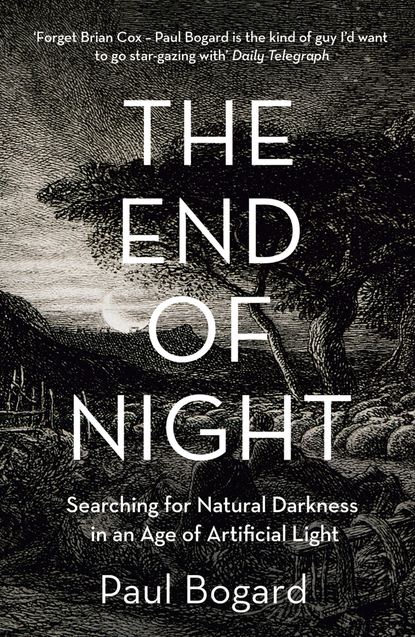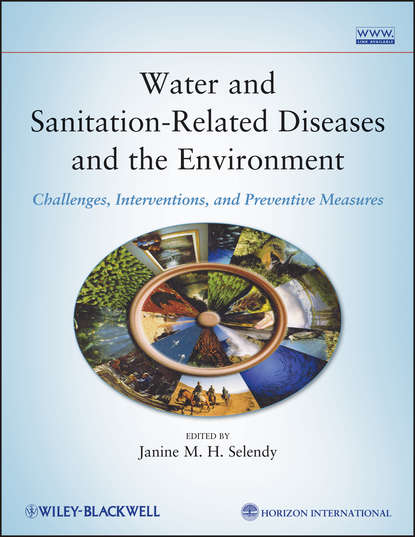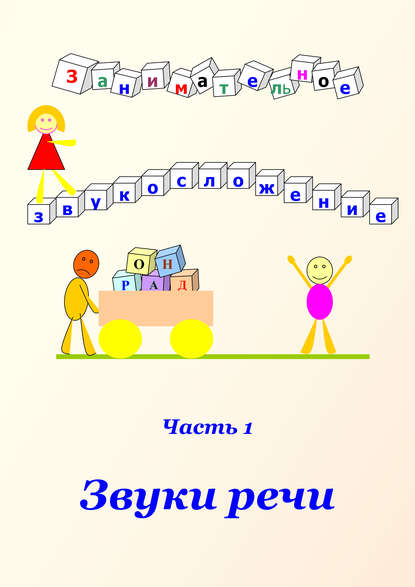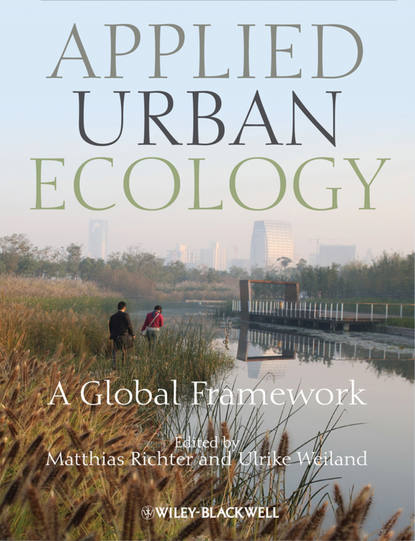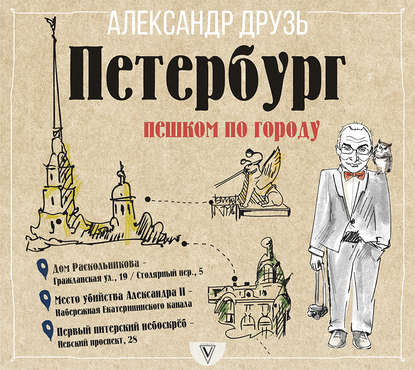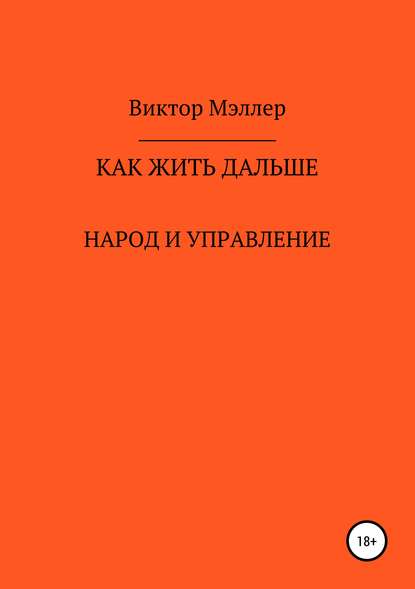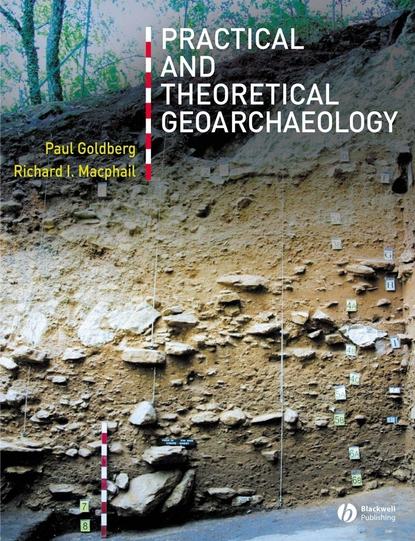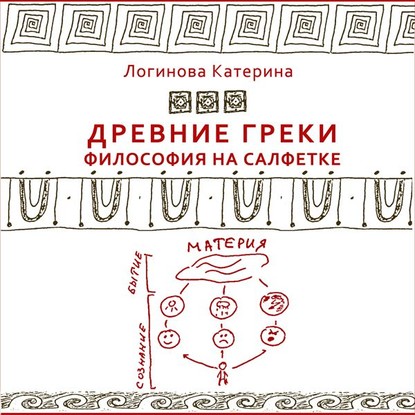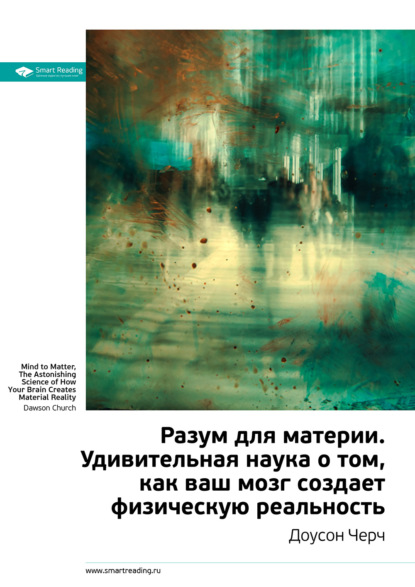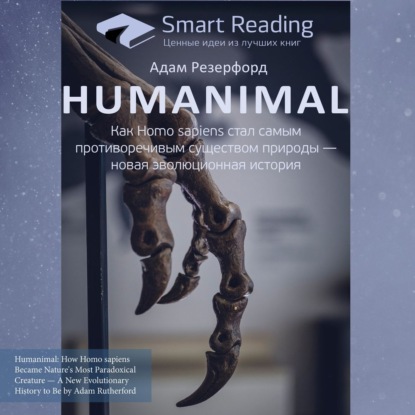Книга "Конец ночи: В поисках естественной темноты в эпоху искусственного света" рассматривает негативное влияние использования света в ночное время на природный мир, воздействие темноты на наше физическое, психологическое и духовное здоровье. Автор подчеркивает, что важно не просто использование света в ночное время, а когда, где, как и сколько его использовать. Сегодня около трех четвертей жителей Европы и Америки больше не испытывают настоящей темноты и не могут представить себе, как она выглядит, и практически все мы живем в зонах, считающихся загрязненными светом. Автор исследует различные оттенки темноты, утраченное и сохраненное в этом отношении, а также то, что мы можем вернуть. Он путешествует от самых ярких до самых темных ночей, от городов с интенсивным освещением, где началось использование общественного света, до мест, где еще можно найти настоящую темноту. Автор беседует с учеными, врачами, активистами и писателями, обсуждая, как использование света в ночное время отрицательно влияет на природный мир, воздействие темноты на наше физическое, психологическое и духовное здоровье и то, что важно не просто использовать свет в ночное время, а когда, где, как и сколько его использовать. Эта книга напоминает нам о важности темноты, которая возвращается каждый день нашей жизни.
В нашей жизни искусственный свет уже давно вытеснил естественный. Мы даже не осознаем, насколько наша ночь отличается от ночной жизни животных.
Электронная Книга «The End of Night: Searching for Natural Darkness in an Age of Artificial Light» написана автором Paul Bogard в году.
Минимальный возраст читателя: 0
Язык: Английский
ISBN: 9780007428229
Описание книги от Paul Bogard
Our use of light at night is negatively affecting the natural world in ways we’re barely beginning to study. Meanwhile, our physical, psychological, and spiritual health are significantly influenced by darkness or a lack thereof; it’s not a matter of using light at night or not, but rather when and where, how and how much.We live awash in artificial light. Since the 1930s its increase has been gradual enough that it would be easy to imagine our nights are as dark, or nearly so, as they ever were. But today some three-quarters of Europeans and Americans no longer experience real night and can’t imagine real darkness—and nearly all of us live in areas considered polluted by light.In ways we’ve long understood, in others we’re just beginning understand, night’s natural darkness has always been invaluable for our spiritual health and the health of the natural world, and every living creature suffers from its loss.In Geography of Night, Paul Bogart investigates what we mean when we talk about the different shades of darkness, about what we’ve lost, what we still have, what we might regain. He travels from our brightest nights to our darkest, from the intensely-lit cities where public lighting as we know it began, to the sites where real darkness might still remain. Encountering scientists, physicians, activists and writers, Bogart discusses how our use of light at night is negatively affecting the natural world in ways we’re barely beginning to study; how human physical, psychological, and spiritual health are significantly influenced by darkness or a lack thereof; and how it’s not a matter of using light at night or not, but rather when and where, how and how much.A beautiful invocation of our constant companion, the night, which returns every day of our lives, this book reminds us of the power and mystery of the dark.
